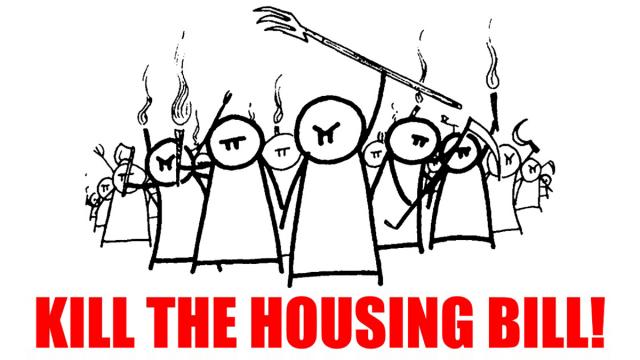
Thousands of protesters gathered on March 13 in London to march against the government’s controversial Housing and Planning Bill, which would see social housing tenants charged the same as private rental tenants, a move that critics believe will make both renting and buying unaffordable.
The protesters condemn the bill calling it an attack on tenants living in council houses. The new legislation would require councils to change how they charge tenants who have a combined income of more than £40,000 in London and £30,000 in the rest of the country.
The "Pay to Stay" system would mean those living in houses owned by the local authority, or council, would be forced to pay the same in rent as those living in privately-owned property – a change protestors say will force thousands of social housing tenants out of their homes.
Abolishing the "Right to Stay"
The new legislation would also mean that lifetime tenancies are abolished. Social tenancies would be reviewed every few years, and the right to stay in a council property indefinitely would be withdrawn.
The Housing Bill is the government’s answer to the escalating housing crisis in the U.K. Officials claim the bill will turn "generation rent" into "generation buy" by promoting starter homes, whereby properties are sold at a 20 percent discount.
Critics oppose the move, believing that instead of relying on social housing associations to tackle the housing crisis, the government should be focused on building more homes.
The tens of thousands of protestors who turned out the Sunday before last carried banners with slogans such as “You’re Heartless, We’re Homeless” and “Anti-Social Housing Policy from the House of Ill Repute,” as they walked past the Houses of Parliament.
Joel Benjamin participated in the recent "Kill the Housing Bill" protest in London because he believes the bill is unethical and unfair.
“I’m here because the housing bill is immoral, deeply unjust and will push a generation of young people out of social housing, leaving them indebted and unable to get on the housing ladder. The housing bill destroys our future to ensure profits for banks and renters," Benjamin told ITV News.
A spokesperson for the Kill the Housing Bill campaign said the Tories’ plans would affect everyone on a low or middle income trying to rent or buy in Britain. In a press release, the group wrote: “It condemns millions to a lifetime of insecure, expensive private renting. Everyone deserves a decent home, but landlords, developers and the rich will be the only ones to benefit from the bill.”
Ongoing Housing Battle Heats Up
The Kill the Housing Bill campaign is part of an ongoing housing battle in the U.K., as a severe lack of affordable homes across the country affects families everywhere.
With the price of homes, on average, being almost seven times that of people’s incomes, many feel home ownership is rapidly slipping out of reach. In fact, the latest census shows that during the last decade, homeownership in the U.K. fell for the first time since the housing census began in 1951.
Now, with the cost of rent rising and the U.K. government intent on making life more difficult for social housing tenants, even renting is beginning to slip out of reach for many in Britain, where the landscape has become dire. Soaring rental costs and hidden fees have made eviction a constant worry for many on lower and even middle incomes.
"Social Cleansing" in London?
As Shelter.org highlights, one third of private rented homes in England fail to meet the Decent Homes Standard, meaning that thousands of families are being forced to live in appalling conditions.
Anna Albinsson, a 33-year-old part-time student in London, has witnessed first-hand the stark changes in the capital’s demographics in recent years. “[The government] have been socially cleansing London for a while and I guess the Housing Bill is their next step in keeping the ‘right sort of people’ in London,” Albinsson told Occupy.com.
She referred to Brixton in South London as the biggest example of the changing face of London.
“When I moved there 10 years ago it was mainly council housing and ethnic minorities. Now it is very white and middle class," Albinsson added. "London is losing its soul. What was one a melting pot of diversity is now a metropolis for the mega rich.”
Albinsson said that having to pay £1,000 on rent each month for a three-bedroom house share, when her job was only bringing in £1,500 a month, made life tough for her, and similar renters, in London.
Homelessness Rising
With a chaos surrounding housing that is penalizing the less wealthy in favor of a rich minority, it is hardly surprising that levels of homelessness are rising throughout the country. As Shelter.org writes, the ultimate impact of the U.K.’s housing crisis equates to people being forced from their homes and onto the streets.
Recent figures released by the Department for Communities and Local Government (DCLG) reveal a 55 percent increase in homelessness in Britain since David Cameron became Prime Minister in 2010.
In the wake of those statistics, the charity Crisis blamed the rise in homelessness on housing shortages as well as cuts to benefits and the government’s welfare reform. But instead of listening to calls for government to review the situation and help keep people off the street, the Tories announced the controversial Housing Bill, which promises to do just the opposite: to see more people evicted from their homes, unable to meet soaring rental costs and the government's harsh new demands.
3 WAYS TO SHOW YOUR SUPPORT
- Log in to post comments

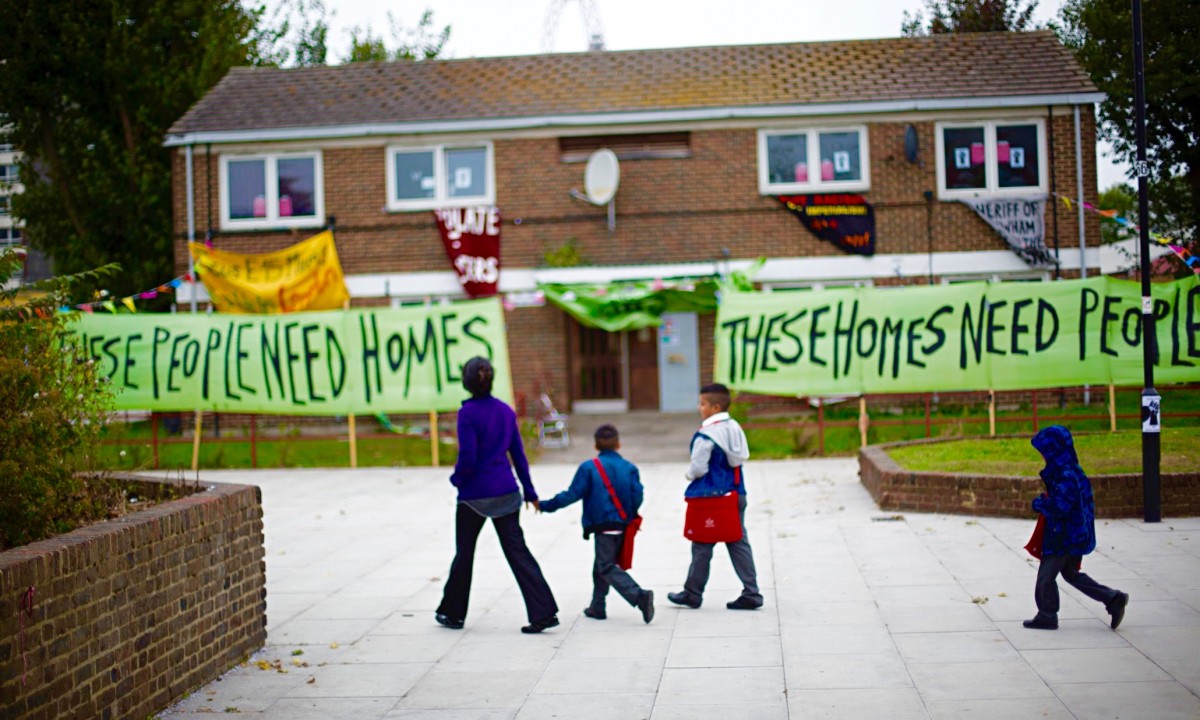
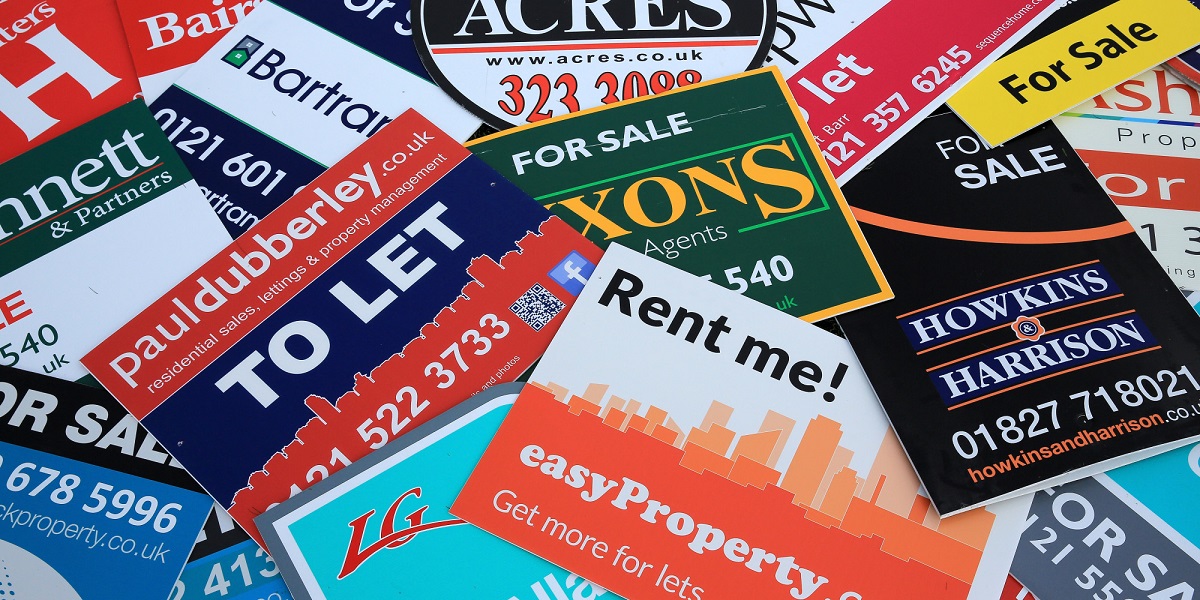
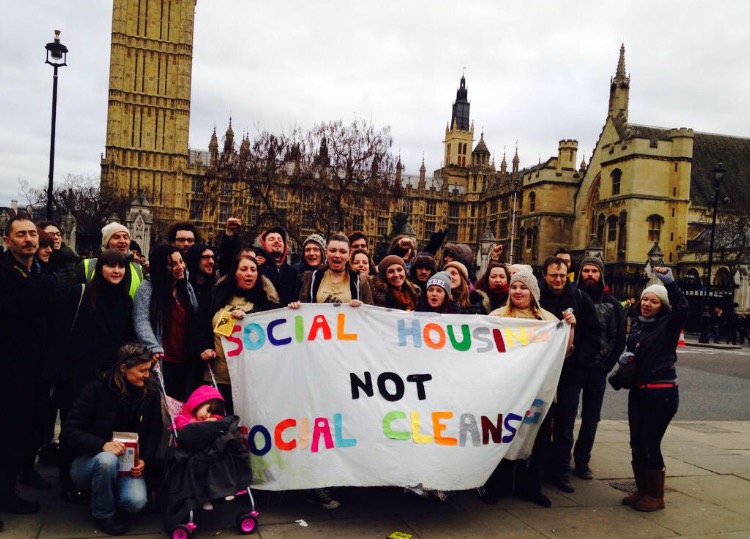
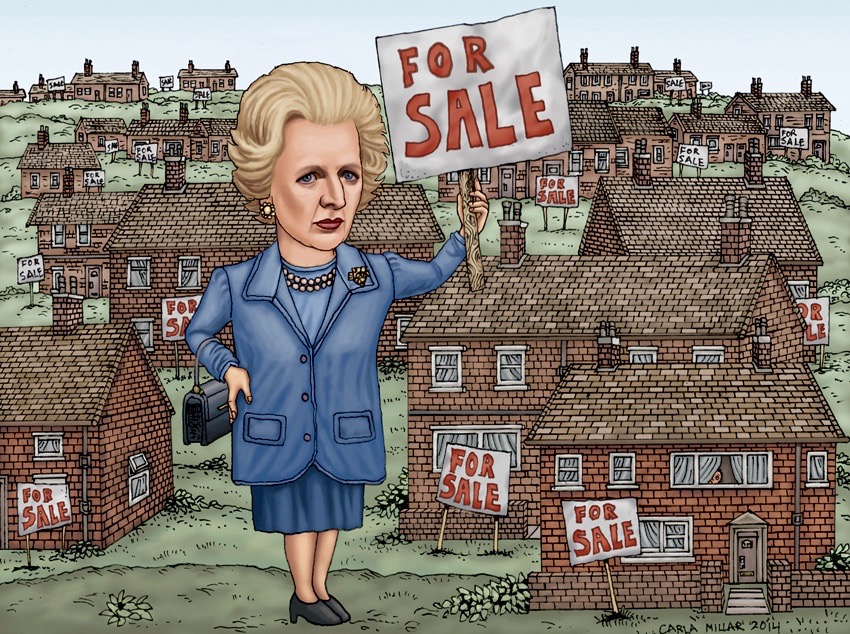











Comments
Ron McComb replied on
Rent
When will "We The People" demand that our democracy function for us, instead of the 1%, and legislate in our own interest by putting laws in place that will give tenants the property in which they are living, rent and tax free. Or at least give it to the local democratically elected municipality when the owner falls down on the job or goes bankrupt.